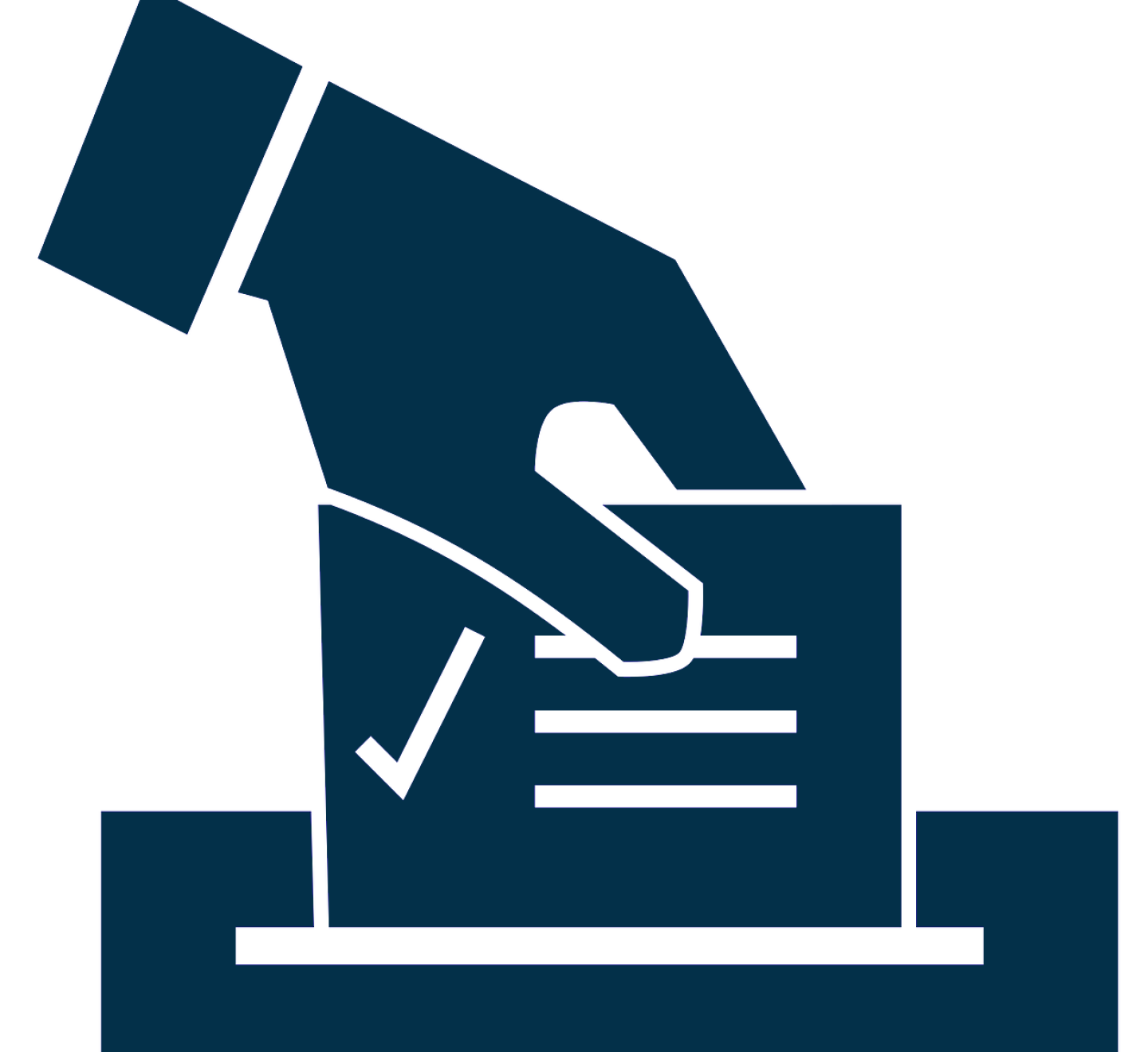EXTRAORDINARY
BECAME NORMAL – TEMPORARY MAY BECOME PERMANENT!
THE RISK FACTOR
JAI HIND!
In under two months, most countries in
the world have been placed under lock-down. The police are guarding every main street, people who break the "lock-down rules" are being beaten up and all of this has become the new normal. The soaring death rate and rapid spread of
CoVid19—overwhelming some of the best public health systems in the world
—suggest that this dramatic response was a good, if not the perfect approach. While it may
succeed in mitigating the spread of the virus, the world now
faces another danger: that when the virus recedes, many countries might be far
less democratic than they were before. In times of crisis, the
checks and balances are often ignored in the name of executive power. The
danger is that ‘the temporary can become permanent’.
THE RISK FACTOR
Initially, populist and autocratic
leaders were ill-prepared for the pandemic. Their lack of respect for science
and expertise, combined with nepotism and neglect of state institutions,
including health care, made governments such as those of Donald
Trump more vulnerable, than they should have been. Before the health crisis
became impossible to deny, the government supportive media in
some countries systematically downplayed the dangers posed by the virus.
In the long term, the pandemic might undermine autocratic leaders—as the usual
tactic of blaming scapegoats fails, and citizens may begin to appreciate the
value of expertise and functioning institutions. But if “the strongmen” are
threatened with a loss of power, they’re likely to double down on their
authoritarian practices and take advantage of the state of emergency to
consolidate their power.
Long before the virus hit, the world
was already experiencing a decline in democracy. Since 2006, more countries
have seen their democracies degrade, than those that have improved. Last year,
according to Freedom House, 64 countries became less democratic, and only 37
became more so. Now, as countries around the world take extraordinary measures
to fight the pandemic, both dictatorships and democracies are curtailing civil
liberties on a massive scale.
In a number of countries, elections
are beginning to be delayed. In the current situation, holding elections is
certainly difficult and even dangerous. At the same time, postponing elections
for months might deprive governments of their legitimacy and allow autocrats to
use the delay to strengthen their power and hold elections, when it suits them.
Altogether, postponing elections is the better choice, but such decisions
should follow a clear inter-party agreement and timetable.
“We are at war,” French President
Emmanuel Macron recently declared, echoing language other leaders have used as
well. Such dramatic rhetoric can help rally a strong effort to fight the
pandemic and highlight the sacrifices citizens have to
make. Such appeals can be dangerous, however. The virus is not an army, and evoking war can transform a
health crisis into a security one, justifying repressive measures.
Measures like closing businesses,
enforcing social distancing, and keeping people off the streets, including curfews and bans on gatherings, are
needed to control the rapid spread of the virus. But there is a serious
risk that these efforts are leading to a new wave of authoritarianism. Numerous
countries have already passed emergency laws or declared states of emergency—a period that autocrats can use to consolidate power.
ITS ALREADY HAPPENING!
In Hungary, the government of Viktor
Orban on 30th March passed a law “on protecting against the Corona virus” that allows the government to rule by decree and suspend existing
laws. Furthermore, parliamentary oversight is suspended for the duration of the
crisis, with only the prime minister permitted to determine when it will be
lifted. The new law introduces huge fines for spreading fake news and
breaking quarantine and curfews, with penalties of up to five years of
imprisonment.
In Israel, PM Netanyahu used the emergency to postpone his corruption trial, block parliament from sitting,
and grant extraordinary domestic surveillance powers to the internal
intelligence agencies. Liberal democracies have also taken unprecedented measures
to monitor citizens, such as tracking their movement through cell-phone data.
WHAT CAN BE DONE INSTEAD?
There is nothing wrong in taking extreme measures to combat the virus, but any infringement on civil liberties must be very reasonable and temporary. It is of utmost importance that the emergency measures need to have a
clearly defined time frame to avoid leading into a permanent state of
emergency. Furthermore, legislative bodies need to remain active. The Austrian
parliament, for example, passed a number of laws in an accelerated procedure,
and the European Parliament supported special EU funds to help countries
affected by the pandemic—with most parliament members participating and voting remotely.
Also, fake news is to be confronted, through
government transparency—rather than with punishments. Part of the success of
countries like Taiwan and Singapore in confronting the virus is due to their
clear and open communication about the pandemic, besides an early response. The Telangana govt.'s initiative to launch a website dedicated to busting fake news is praiseworthy.
FINAL THOUGHTS
The extraordinary powers given through
emergency laws and other emergency measures can lead to abuse among democratic
leaders as well. This poses a serious threat to all the functional democracies
around the world. The pandemic may lead to a serious decline in democracy
in many countries. It is crucial that all liberal democracies show
self-restraint and vigilance. Also, an equal amount of responsibility is on us, citizens. Since democracy is "of, for and by the people", it is the duty of every citizen to protect it, because after all it is us, the common citizens who will be the losers, if democracy was to fall apart.
JAI HIND!
P.S.: If you enjoyed the article, please do SUBSCRIBE to get e-mail notifications, each time I post a new article. Also, don't forget to share...



Post a Comment